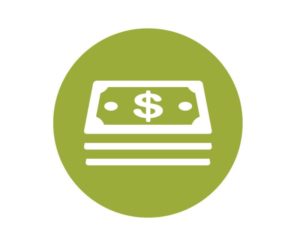Signifyd will be looking to expand its flagship Commerce Protection Platform after bringing in an astonishing $205 million in Series E funding. The latest round was led by Owl Rock Capital, with additional support from FIS, CPP Investments, and Neuberger Berman Investment Advisers.

According to Signifyd, the new funds will raise the company’s current valuation to $1.34 billion. The company argued that the new support reflects the rising volume of e-commerce activity, which in turn creates a need for solutions that can ensure that those transactions remain secure. To that end, Signifyd’s ability to guard against fraud and consumer abuse can translate to average revenue gains of five to seven percent for companies that adopt the system.
Signifyd is hoping that the new Series E funds will accelerate its growth in the Latin America and EMEA regions, in particular. The news builds on the company’s strong performance in 2020, when it doubled its revenue from the year before. The company now expects to cross the $200 million revenue threshold in 2021.
Conversion rates were as high as 20 percent for Signifyd clients. The company added several major names to its client roster in the past year, with Samsung, Lenovo, Walmart, Rite Aid, and Mango standing amongst the organizations that have adopted its solution.
“Signifyd is mission-critical infrastructure for a growing number of retail’s biggest brands,” said Owl Rock Managing Director Kurt Tenenbaum. “They are poised to expand their position as the market leader in commerce protection just as rapidly shifting consumer preferences are driving an ecommerce inflection point we didn’t think we’d see for several years.”
“With this latest investment, Signifyd has the roadmap, the resources and technical talent to enable merchants to push the customer experience to that future state — and to keep pushing it forward for years to come,” added Signifyd CEO Raj Ramanand.
Mastercard recently reported that COVID-19 led to an unprecedented $900 billion jump in online spending in 2020. TELUS International, meanwhile, has suggested that many people will maintain those online shopping habits after the pandemic.

Follow Us